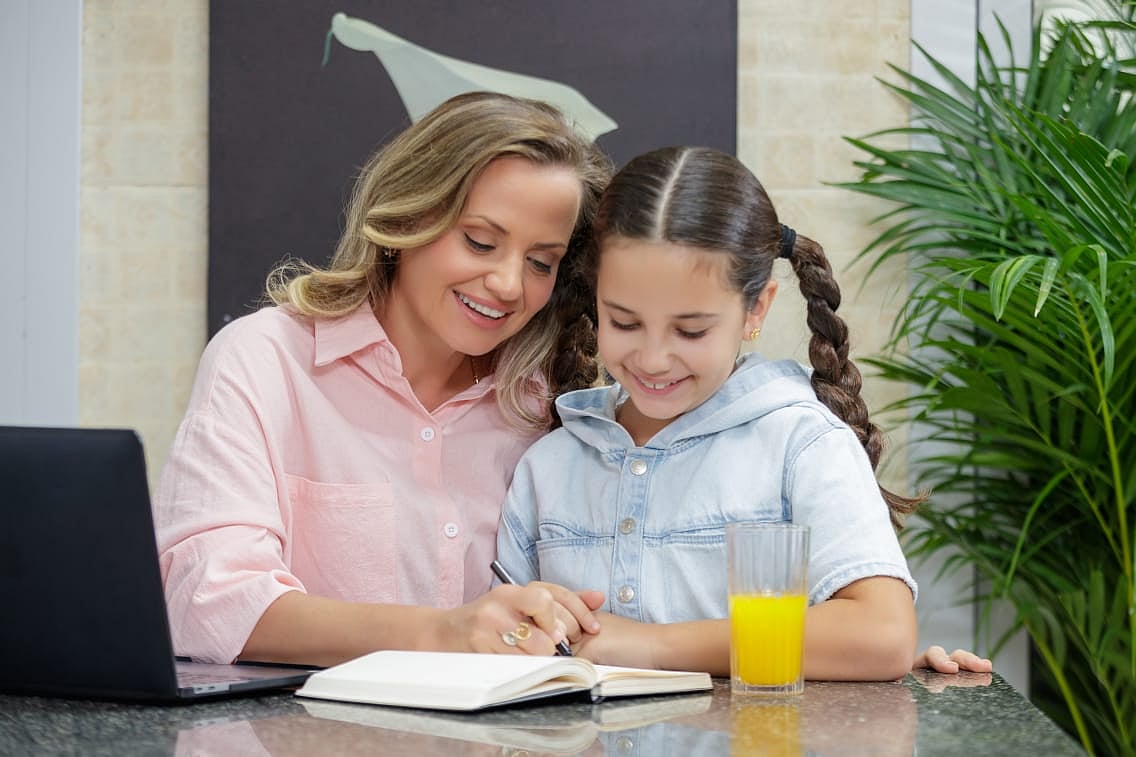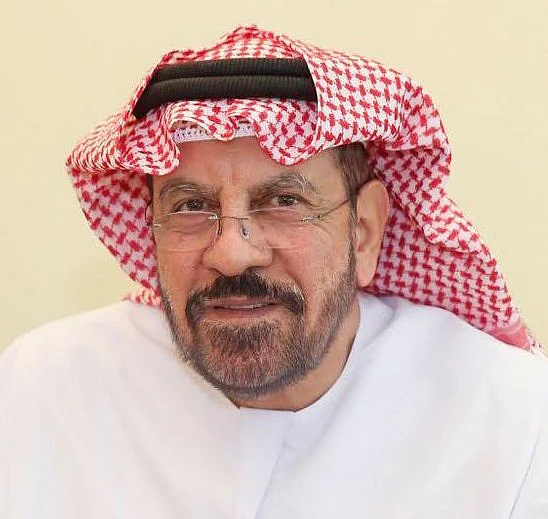How parent-friendly policies are driving UAE's global competitiveness
This is not a niche HR trend; it’s a sign of an economy-wide operating standard

Over the past four years, the United Arab Emirates has established a pioneering model for transforming values into practical workplace practices, setting a benchmark in shaping public policies. Since the launch of the Parent-friendly Label (PFL) program in 2021, and thanks to the wise leadership’s support, the program has evolved from a local initiative in Abu Dhabi into a comprehensive national program spanning the semi-governmental, private, and third sectors across the UAE. This transformation has created a tangible impact in empowering working parents, supporting children, strengthening family roles, and positively influencing workplaces, the economy, and society as a whole.
PFL Cycle 3 Impact Report; ‘Thriving Through Talent: How parent-friendly policies drive balance, growth, and global competitiveness’ tells the story in numbers that matter. 83 organizations across 25 industries completed a rigorous application process, representing a 10% increase in applications from Cycle 2; and 163,000 employees in the UAE were directly supported—105,000 of them parents, including 60,000 with children under eight years old and 2,250 parents of Children of Determination. This is not a niche HR trend; it’s a sign of an economy-wide operating standard.
Survey with 11,000 employees
The report builds its findings on a comprehensive employee survey where 11,000+ employees were surveyed, and the impact is clear. 77% of employees would recommend their employer as parent-friendly. 68% say organizational support encourages them to stay for two years or more with their organizations. These numbers have direct impact on productivity with 73% of fathers and 67% of mothers reporting that their productivity improved on the back of their organizations’ shift to parent-friendly policies and practices.
The impact of maternity leave on the female employee
This shift is not made through policy alone, but through fundamental organizational culture adoption, driven by leaderships and managers. 82% of mothers in the UAE report strong support to take full maternity leave, with 65% experiencing a smoother re-entry. Likewise, 74% of fathers report manager and peer encouragement to use paternity leave; a proof that stigma is giving way to shared responsibility, where fathers are no longer seen as breadwinners of their families only, but have a key role in childcare.
This is exactly the mindset shift the UAE needs to realize the strategic objectives of the National Family Growth Agenda 2031, especially as we approach 2026 Year of the Family. The building blocks are practical and codified: enhanced parental leave, hybrid work arrangements, flexibility during nursing periods, nursing facilities, childcare allowances, family well-being funds, and clear policy communication. The result is better parenting opportunities at home and higher productivity at work.
The findings prove that the Parent-friendly Label is not a symbolic recognition—it is a holistic ecosystem designed to create measurable impact on the lives of working parents. The program bridges national vision and employer leadership, turning intention into impact-driven actions. Through initiatives like the Parent-friendly Label, the UAE is setting a global benchmark for family-first, future-ready workplaces.
Sign up for the Daily Briefing
Get the latest news and updates straight to your inbox
Network Links
GN StoreDownload our app
© Al Nisr Publishing LLC 2026. All rights reserved.
